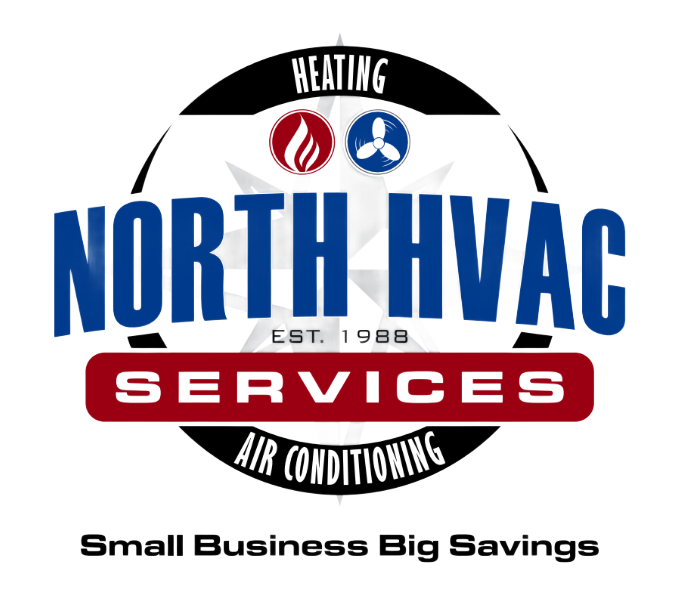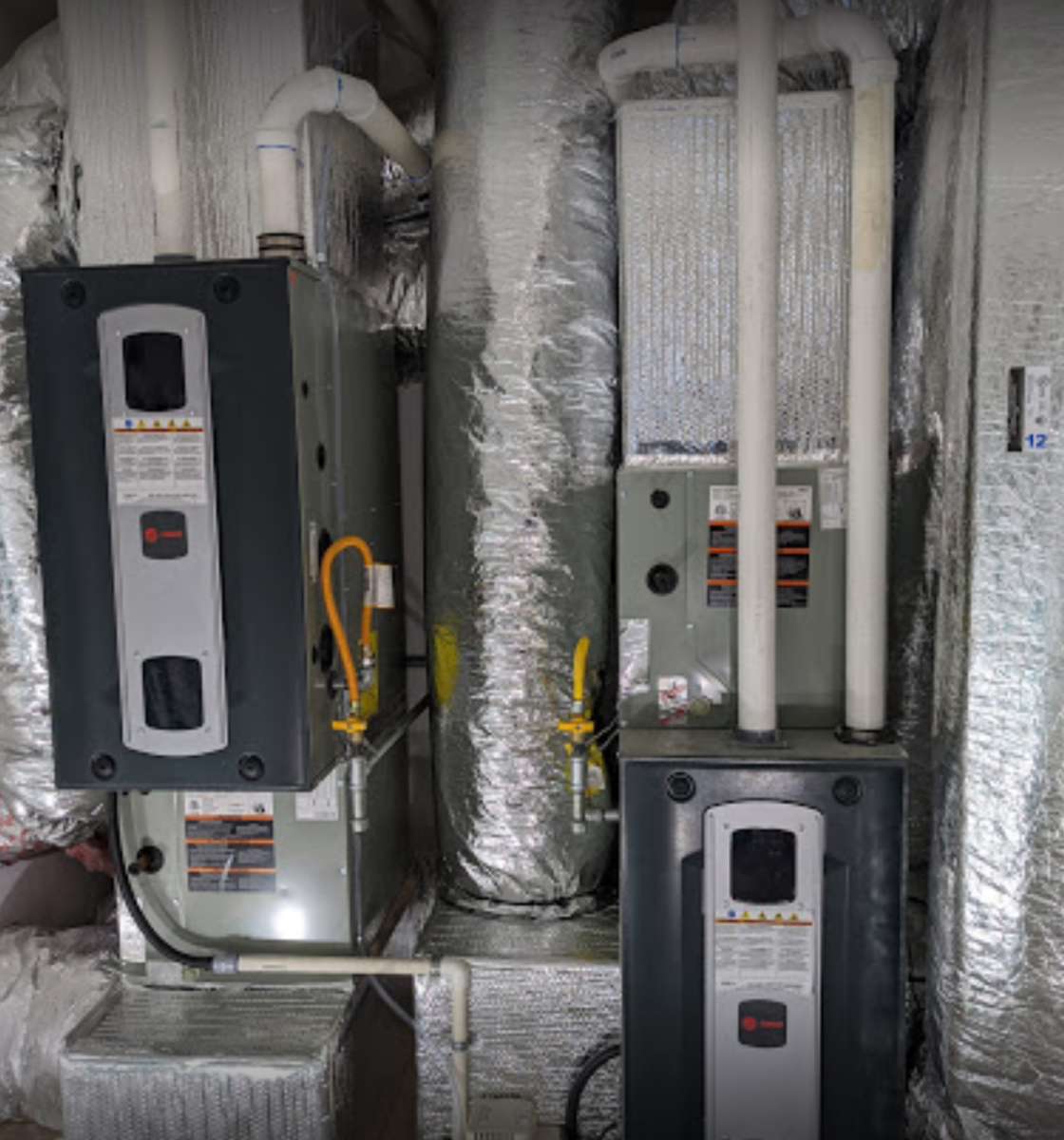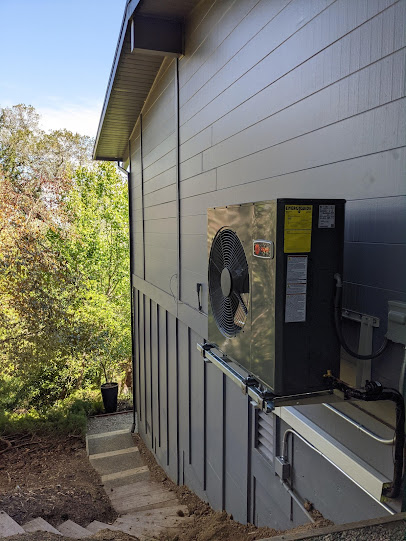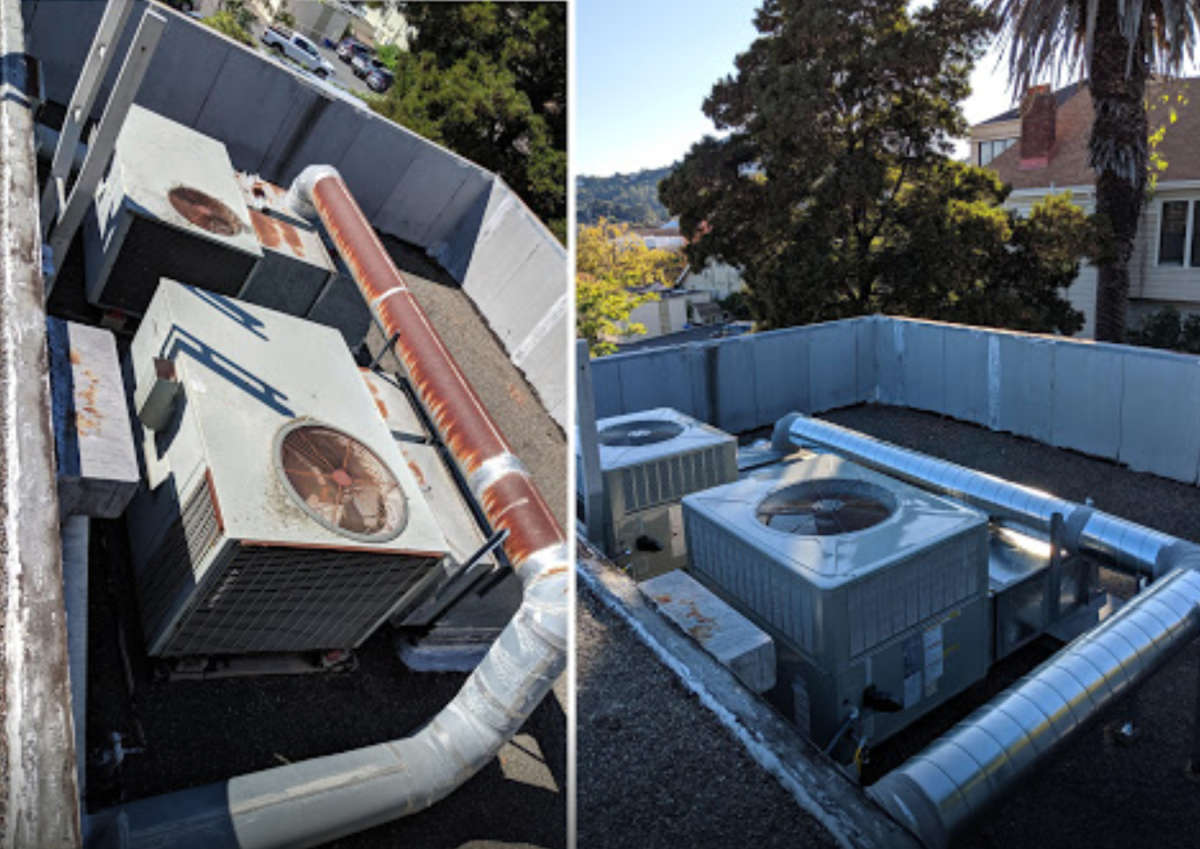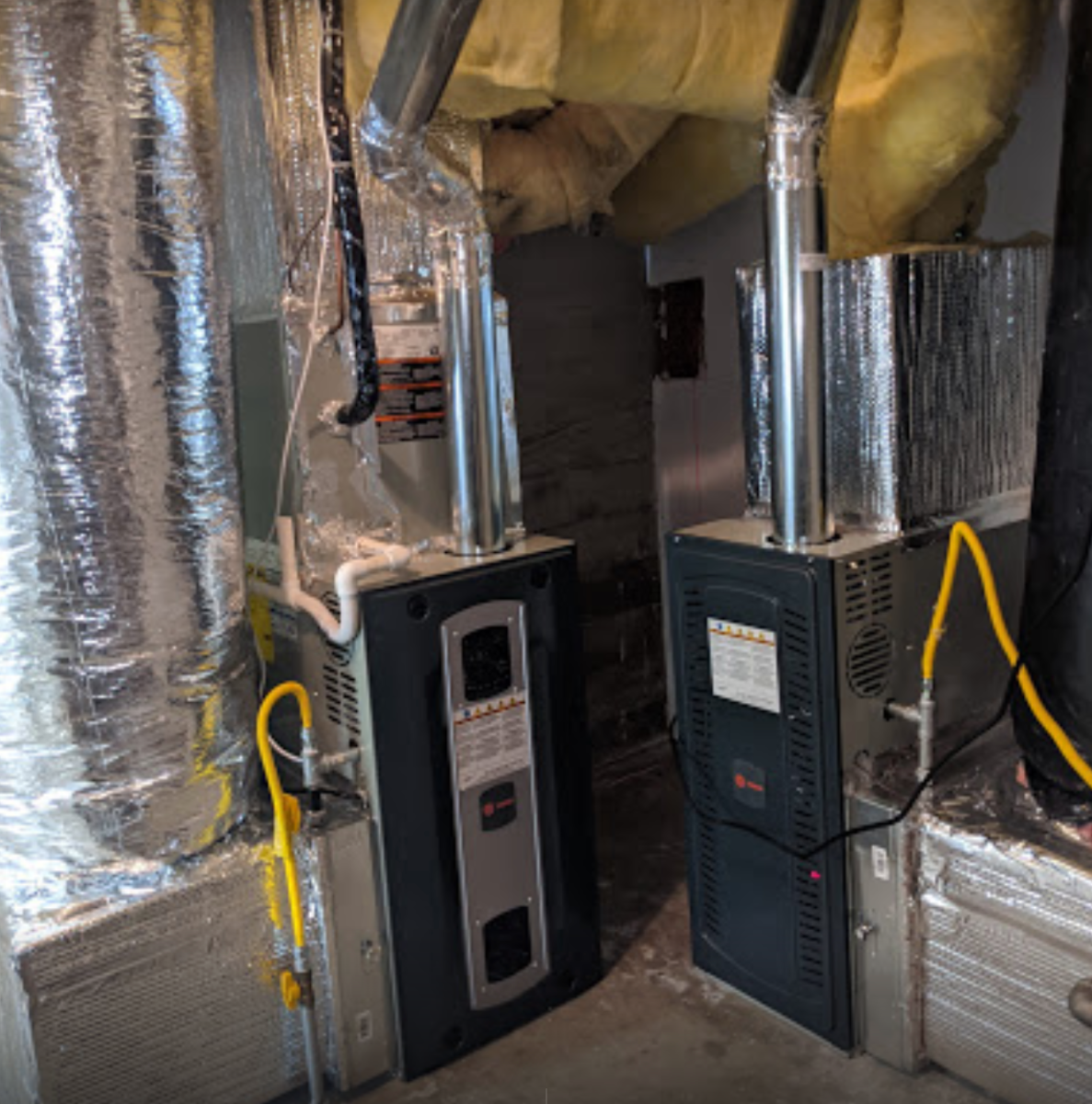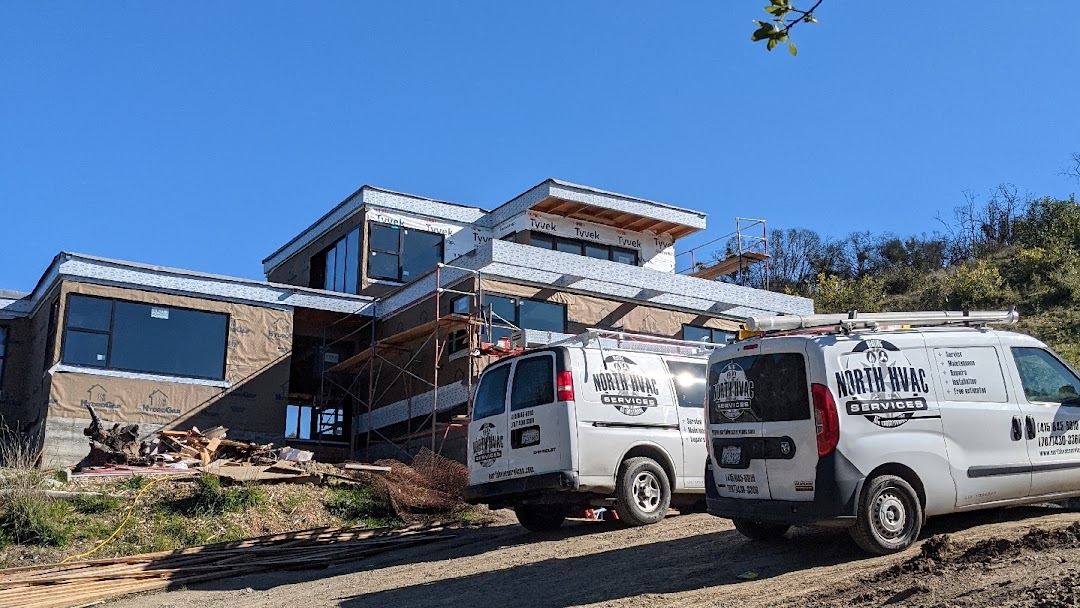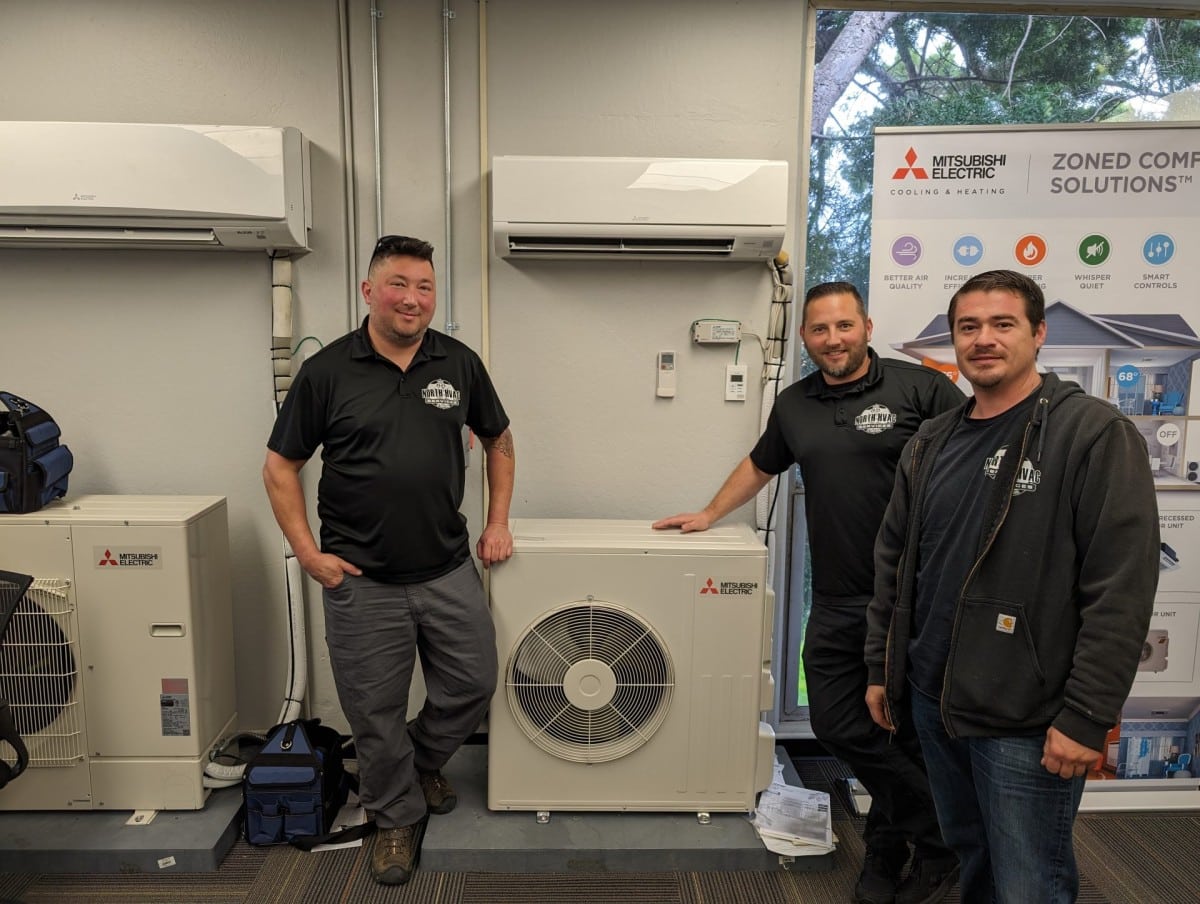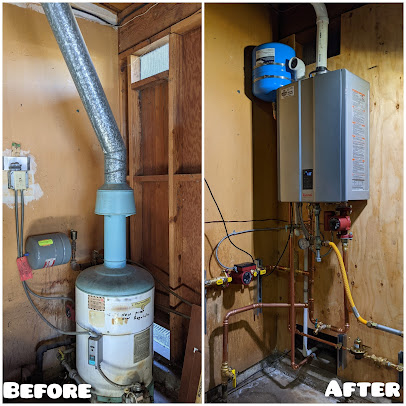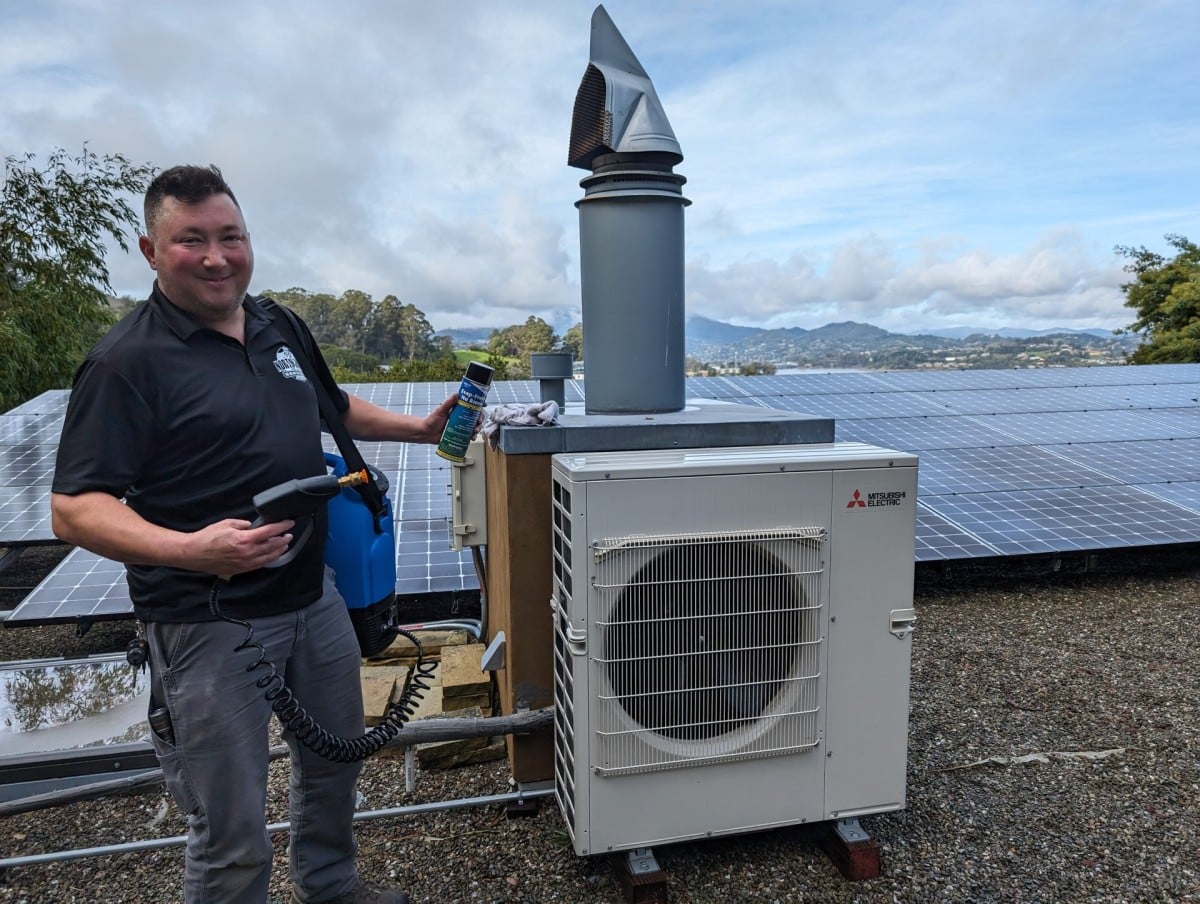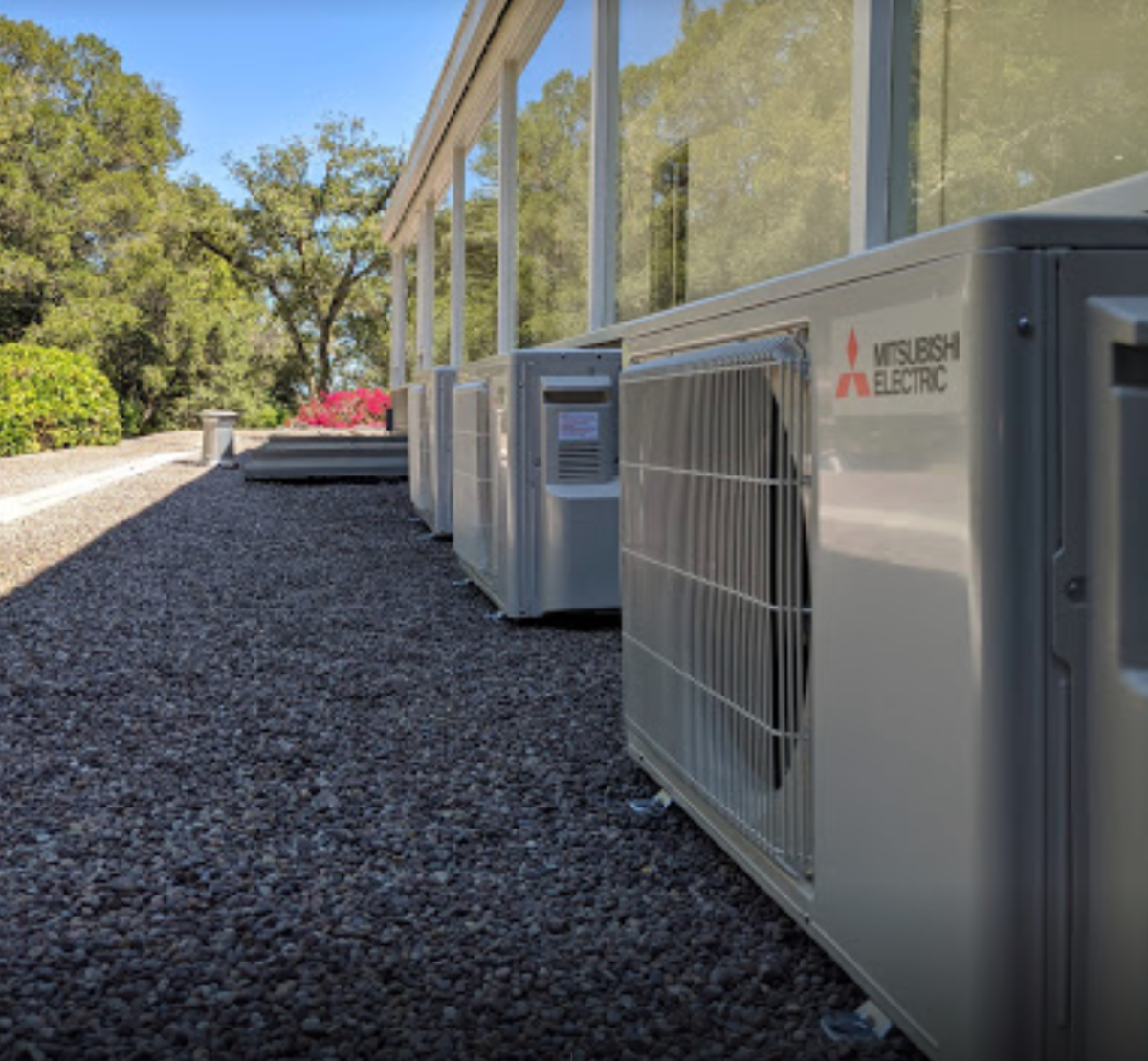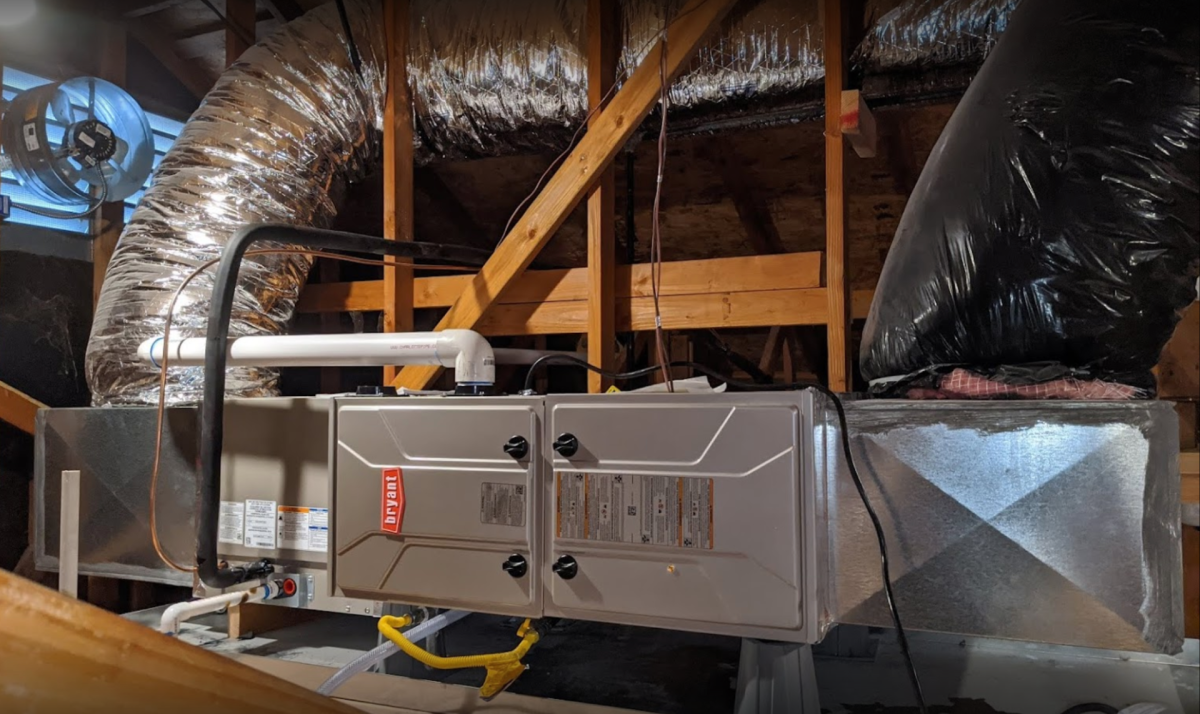When we talk about heating, ventilation, and air conditioning (HVAC) systems, efficiency isn’t just a buzzword—it’s a crucial element that defines both your home’s comfort and your energy bills. As homeowners in Marin and Sonoma counties, understanding HVAC efficiency ratings is essential. These ratings can help you make informed decisions about the systems you choose to install or maintain in your home, ensuring that you optimize both comfort and cost.
HVAC efficiency ratings are not just numbers. They tell a story about how well a unit can transform energy into heating or cooling in your home. With energy costs rising and environmental concerns mounting, choosing a high-efficiency HVAC system could mean significant savings and a smaller carbon footprint. This understanding can also guide you when it’s time to service or replace existing units, as efficiency standards have evolved rapidly over recent years.
Understanding HVAC Efficiency Ratings: The Basics
When we talk about HVAC efficiency, what we’re really discussing is how much energy is effectively used to heat or cool your home compared to how much is wasted. This is crucial because it directly impacts your energy bills and environmental footprint. Each HVAC system comes with specific ratings that indicate how efficiently it operates under standardized conditions. These ratings are not just arbitrary numbers; they reflect the outcome of rigorous testing procedures and give you an insight into the potential cost savings of various models. Having a basic understanding helps you make more informed decisions about which HVAC system is right for your home. We believe that an informed homeowner is a smart homeowner, and knowing these basics is the first step to optimizing your home’s heating and cooling efficiency.
SEER, AFUE, and HSPF: What Do These Acronyms Mean?
Now, let’s break down the acronyms that you often see when looking at HVAC efficiency ratings. SEER stands for Seasonal Energy Efficiency Ratio and is used to rate air conditioning systems. The higher the SEER rating, the more efficiently the air conditioner operates, which means lower energy costs over time. AFUE, or Annual Fuel Utilization Efficiency, measures the efficiency of heating equipment like furnaces. A higher AFUE rating indicates a more efficient furnace that provides more heat for the same amount of fuel. Lastly, HSPF, which stands for Heating Seasonal Performance Factor, is used to evaluate the efficiency of heat pumps. Just like with SEER, a higher HSPF rating points to a more efficient system.
Understanding these terms and what they mean can guide you in selecting the right HVAC system for your needs. It’s not just about choosing a system; it’s about making an investment into your home’s comfort and efficiency. We guide our customers through these details to ensure they understand how these ratings impact their utility bills and home comfort levels year-round.
How to Interpret Efficiency Ratings While Choosing Your HVAC
Choosing the right HVAC system is crucial for ensuring comfort in your home without unnecessary high energy bills. When we assist our customers in selecting a new HVAC, we emphasize the importance of understanding and interpreting the efficiency ratings. This is because these ratings, whether SEER, AFUE, or HSPF, directly reflect how much energy the systems require to function. The ideal choice will be one that balances your home’s specific heating and cooling demands with the best possible energy efficiency rating. We recommend looking for systems that exceed the minimum required efficiency standards as these will provide better long-term savings and reliability. Furthermore, consider the size and layout of your house, as a system that’s too large or too small can undermine even the most impressive efficiency ratings.
Boosting Your Existing HVAC System’s Efficiency
If you’re not in the market for a new system but want to make your current HVAC work more efficiently, there are several steps you can take. First, we always suggest regular maintenance to ensure your system is running optimally. This includes annual check-ups, replacing filters, and ensuring that ducts are clear and properly sealed. Secondly, consider upgrading components like thermostats to smart models, which can significantly improve efficiency through better regulation and automation of your heating and cooling. These smart thermostats adapt to your lifestyle, making automatic adjustments based on your habits and preferences. Finally, enhance the insulation of your home to keep the desired temperatures stable. These steps can help extend the life of your current system while decreasing your monthly energy costs.
The Importance of Regular Maintenance for HVAC Efficiency
Maintaining optimal efficiency in your HVAC system goes beyond initial installation and smart thermostat upgrades—it requires regular maintenance to ensure peak performance year-round. Proper maintenance not only extends the lifespan of your system but also enhances its efficiency, saving you money on energy bills while reducing your home’s environmental impact.
Regular HVAC maintenance involves a series of proactive steps that collectively contribute to improved efficiency. First and foremost, scheduling annual inspections with a qualified technician is crucial. These professionals can identify and address potential issues before they escalate, ensuring your system operates at its best efficiency levels.
In addition to inspections, replacing air filters at recommended intervals is essential. Clogged or dirty filters restrict airflow, forcing your HVAC system to work harder and consume more energy. By regularly replacing filters, typically every one to three months, depending on usage and filter type, you can maintain airflow efficiency and reduce strain on the system.
Another key aspect of HVAC maintenance is ensuring that ductwork is clean, sealed, and insulated properly. Leaky ducts can lead to significant energy loss, as conditioned air escapes before reaching its destination. Sealing ducts and adding insulation where needed not only improves efficiency but also enhances overall comfort by maintaining consistent temperatures throughout your home.
Lastly, consider the benefits of upgrading outdated components within your HVAC system. Advances in technology have produced more efficient motors, fans, and compressors that can significantly reduce energy consumption. Investing in these upgrades during routine maintenance appointments can provide long-term savings on your energy bills while improving system reliability.
Conclusion
Understanding and utilizing the efficiency ratings can profoundly impact how effectively you manage your home’s climate and energy usage. At North HVAC Services, we are dedicated to helping our customers in Marin and Sonoma counties achieve maximum comfort and efficiency in their heating and cooling solutions. Whether you’re looking to upgrade, maintain, or simply get the most out of your current HVAC system, we are here to provide expert assistance and practical solutions.
If you need help understanding the efficiency ratings of your HVAC system in Petaluma, don’t hesitate to contact North HVAC Services today. Let us help you make informed decisions that will enhance your home’s comfort and save on energy costs.
